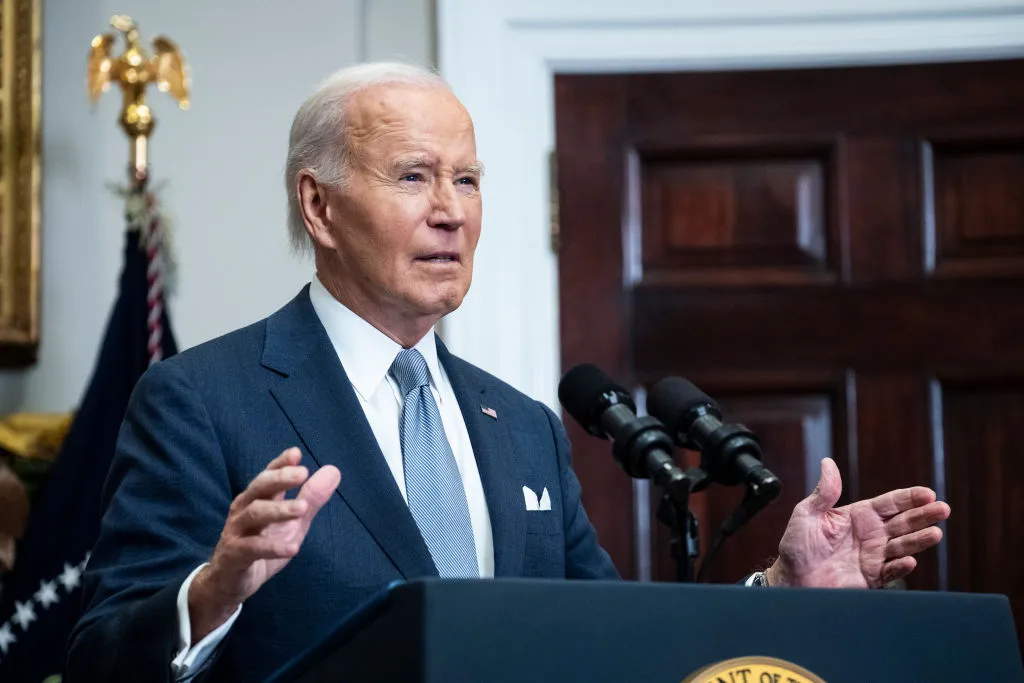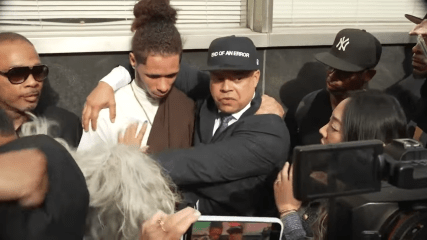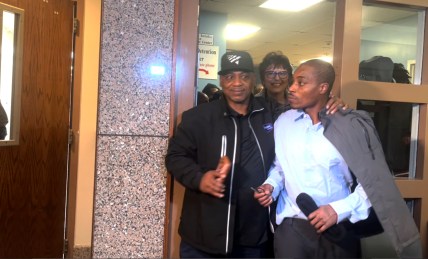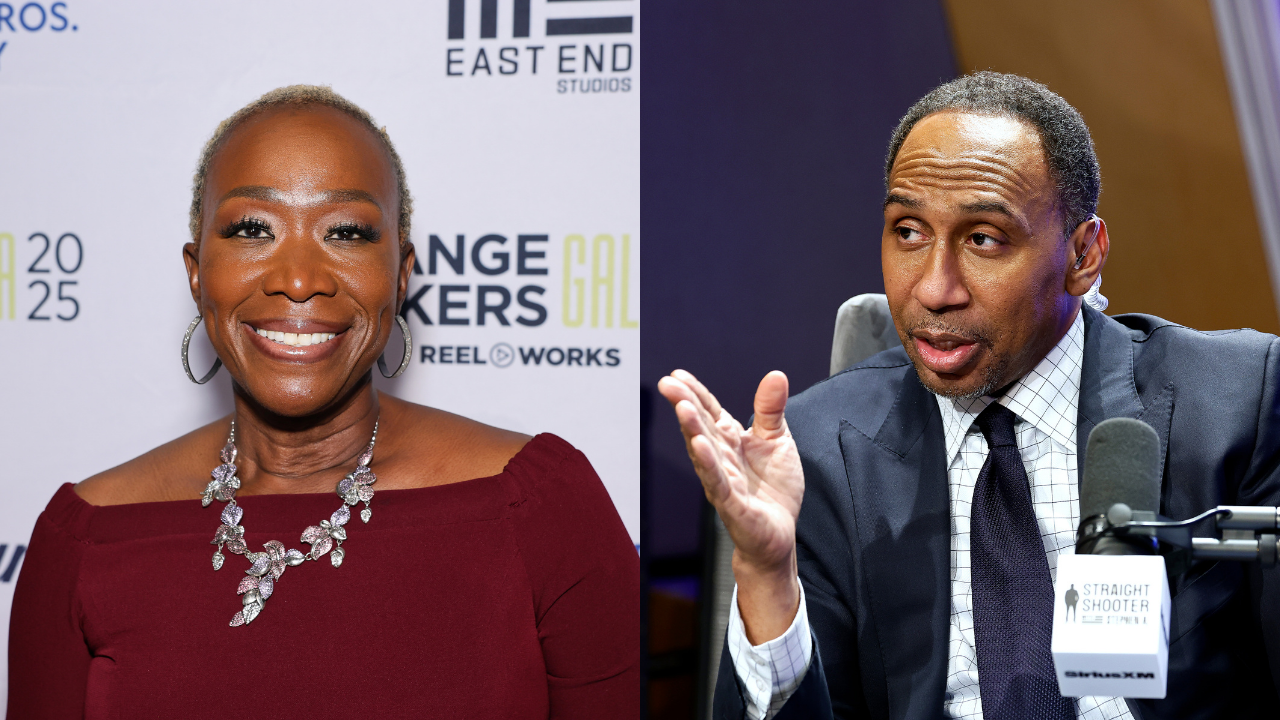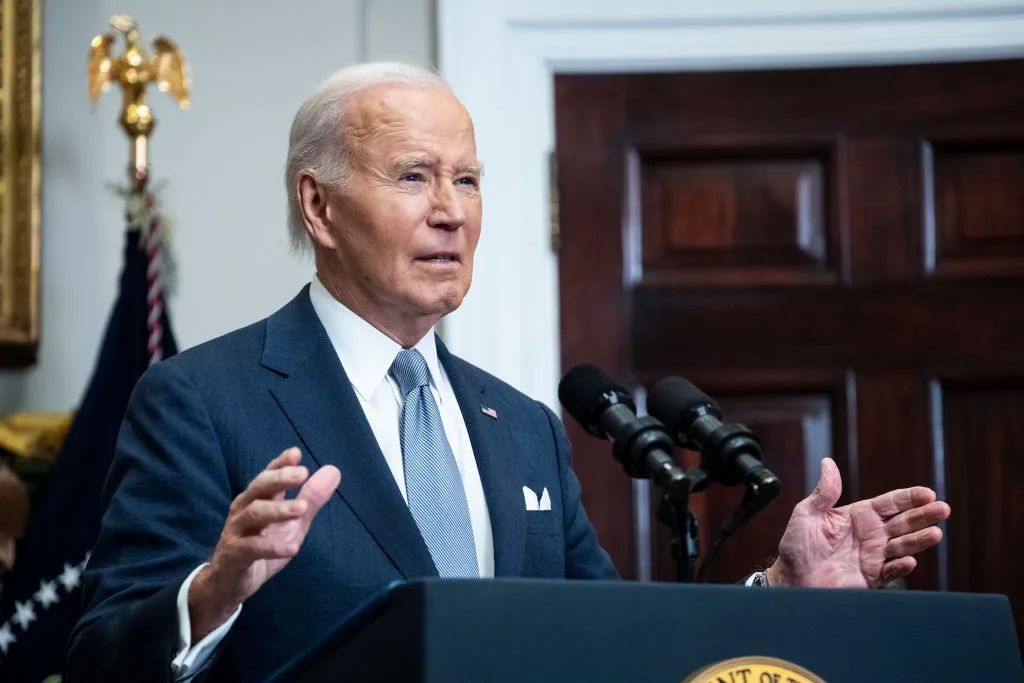
Editor’s note: The following article is an op-ed, and the views expressed are the author’s own. Read more opinions on theGrio.
On December 23, 2024, President Joe Biden commuted the sentences of 37 of the 40 prisoners on federal death row to life without parole. The President’s actions align with current Justice Department policy under which most who received commutations would not be sentenced to die.
The commutations also save 37 souls from an incoming President who, in his last term, oversaw more federal executions than any U.S. President since Grover Cleveland — and a Supreme Court that cast aside law and practice to facilitate that unprecedented execution spree. The Supreme Court’s recent treatment of capital cases is rife with disregard for systemic racial discrimination, exaltation of speed over the law and the Constitution, and hostility to the constitutional claims of those sentenced to death.
For decades, the Court has ignored stark racial disparities in capital punishment. In 1987, the Supreme Court faced evidence that race — not the facts of alleged crimes — serves as a significant factor in death sentences. At that time, prosecutors sought the death penalty for 70% of Black defendants with white victims, but for only 15% of Black defendants with Black victims, and only 19% of white defendants with Black victims. In an opinion that one Justice would name as the sole regret of his judicial career, the Court dismissed these disparities as simply “an inevitable part of our criminal justice system.”
Nearly 40 years later, little has changed. Federal prosecutors remain far more likely to seek the death penalty against Black defendants. Of the 537 defendants facing the federal death penalty between 1988 and 2020, more than 70% were people of color. Black people account for just over 14% of the U.S. population but represent 38% of those imprisoned on federal death row. And in the decades since 1987, the Supreme Court has only grown more hostile to claims of systemic racial bias.
Compounding its willful blindness to racial discrimination, the modern Supreme Court has shown startling indifference to the constitutional claims of capital defendants, adopting a hurry-up-and-die ideology that has sent men and women carrying grave constitutional claims into the death chamber.
In 2017, the Court permitted Alabama to execute a Black Muslim prisoner without access to his imam despite providing chaplains for Christian prisoners in their final moments. The Muslim prisoner, Domineque Ray, had an unquestionably valid religious-discrimination claim, but the Court refused to halt the execution due to “the last-minute nature” of Ray’s claim. Ray filed his challenge five days after Alabama denied his request for an imam. Less than two months after Ray’s execution, the Court granted a last-minute reprieve to a white Buddhist prisoner, Patrick Murphy, Jr., who raised an identical claim. Murphy filed his challenge fifteen days after Texas denied his request for a Buddhist priest in the execution chamber. The Court did not adequately explain the discrepancy between the two cases and has persisted in its demand for “timely” challenges to death sentences.
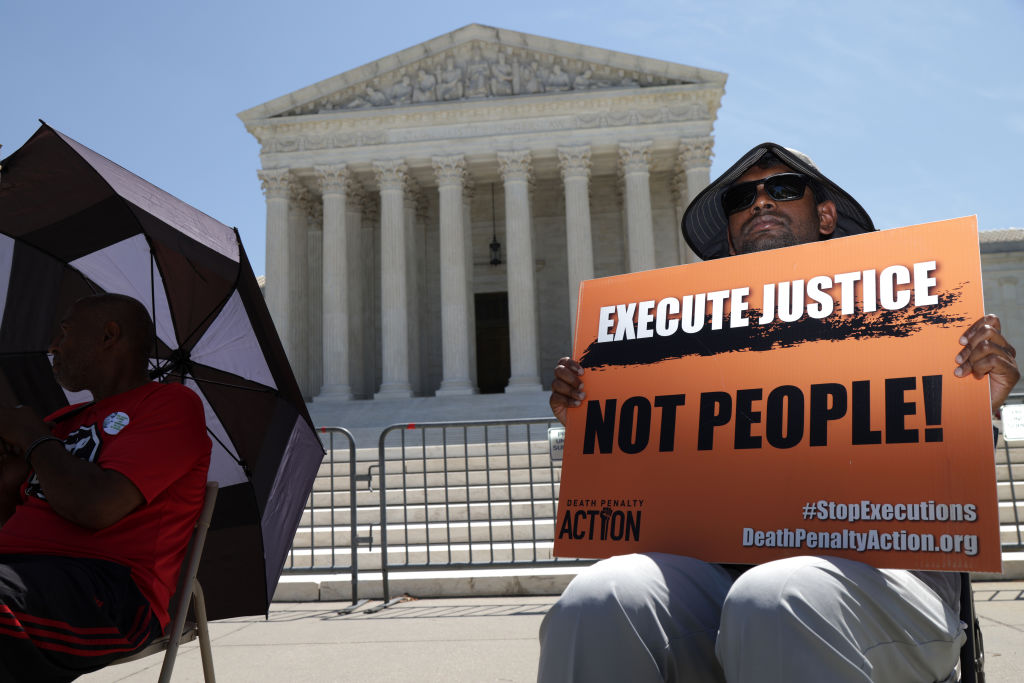
The Court’s preoccupation with speed is curious given that it is the Court’s own doctrines that force capital defendants to spend their last months, weeks, and days fighting to stay alive. As one example, the Court will act only in cases “ripe” for adjudication, avoiding arguments based on speculative future events. There are some claims, like those challenging a State’s eleventh-hour exclusion of religious advisors from the execution chamber, that simply cannot ripen until the days immediately preceding an execution.
The Constitution prohibits the execution of individuals who are “incompetent to be executed,” meaning that they lack rational understanding of why the State is executing them. Questions about whether an individual is mentally incompetent at the time of execution cannot be litigated until that individual is imminently facing death. The Constitution further prohibits the use of execution methods that entail a substantial risk of severe pain. Questions about the constitutionality of a specific execution method cannot be litigated until the State issues a death warrant prescribing an execution method. Despite the necessarily last-minute nature of these constitutional claims, the Court has permitted executions to proceed on the ground that these claims should have been brought sooner.
Perhaps most alarming is the Court’s apparent willingness to amp up its hostility to capital defendants at times of great political import. During the final six months of the Trump Administration, the Justice Department executed more people than in the previous six decades combined. The thirteen men and women killed between July 2020 and January 2021 presented serious constitutional claims, and the Court supported the Administration’s efforts to ensure that these claims were hastily cast aside to clear the path to the execution chamber. The execution of the Trump Thirteen stands among the most shameful chapters of the Supreme Court’s capital punishment jurisprudence.
Two of the Trump Thirteen alleged that due to coronavirus-induced lung damage, execution with phenobarbital, a drug that burns through critical lung membranes, would subject them to unconstitutional suffering. Medical experts opined that the prisoners would experience “a sensation of drowning akin to waterboarding.” Two others alleged that they were mentally incompetent to face execution — one due to Alzheimer’s Disease and another due to permanent brain damage and a lifetime of physical and sexual abuse.
These are not frivolous legal claims; indeed, an array of federal judges—appointed by Republicans and Democrats alike — issued at least 14 separate stays of execution to resolve these and other issues. Critically, a stay is not an invalidation of a death sentence. It is simply a delay to permit judges to seriously consider legal arguments to ensure the appropriateness of the sentence. But in every case, and often without explanation, the Court intervened to prevent this consideration in order to permit the executions to proceed posthaste.
In the months preceding the Trump Thirteen executions, the Court dispensed with its own practices and procedures in critical ways. In the case of Dustin Higgs, the Court intervened before a federal appellate court could even consider the case, a move reserved for only the most extraordinary cases “of such imperative public importance as to justify deviation from normal appellate practice.” The Court did not bother to explain why delaying a single execution presented “imperative public importance.” And the Court did not thoroughly consider Higgs’ case — it summarily resolved a complex statutory issue without full briefing or argument and without issuing a written opinion. Higgs is the only case of its kind in the 239-year history of the Supreme Court.
Why would the Court take such extraordinary action? Some legal experts have concluded that the Justices acted to “police the inaugural margin,” ensuring the thirteen executions were completed before President Biden was inaugurated on January 20, 2021. Death is the ultimate punishment; it is final and irreversible. It is shameful that there is a basis to even question whether the Supreme Court acted with political aims in capital cases. President Biden should be applauded for taking decisive action to ensure that the bulk of current federal death row prisoners do not face this question and do not share the same fate as the Trump Thirteen.
Tiffany R. Wright is a former White House lawyer who advised President Biden on pardons and commutations. She is also a former law clerk to Justice Sonia Sotomayor.


